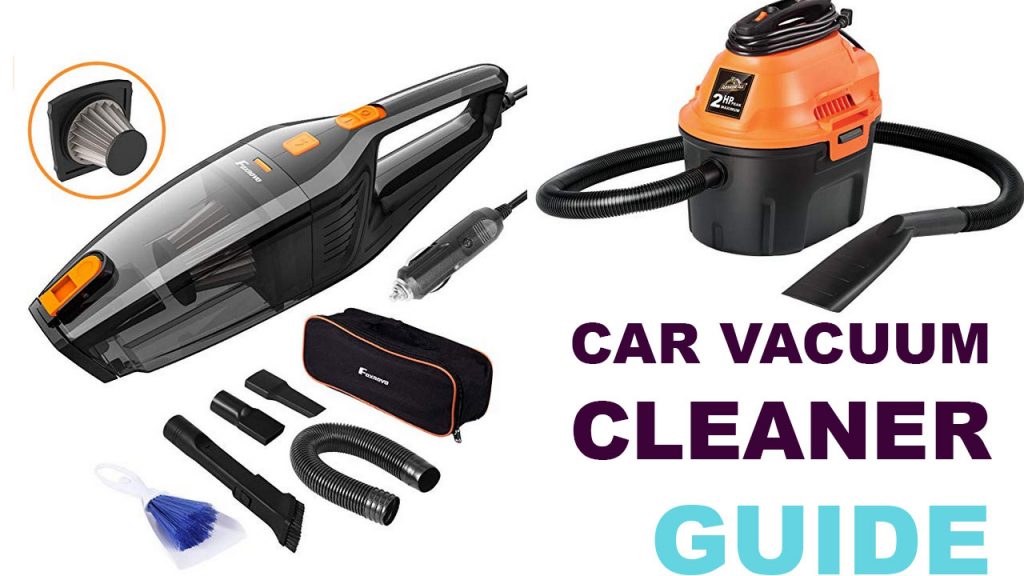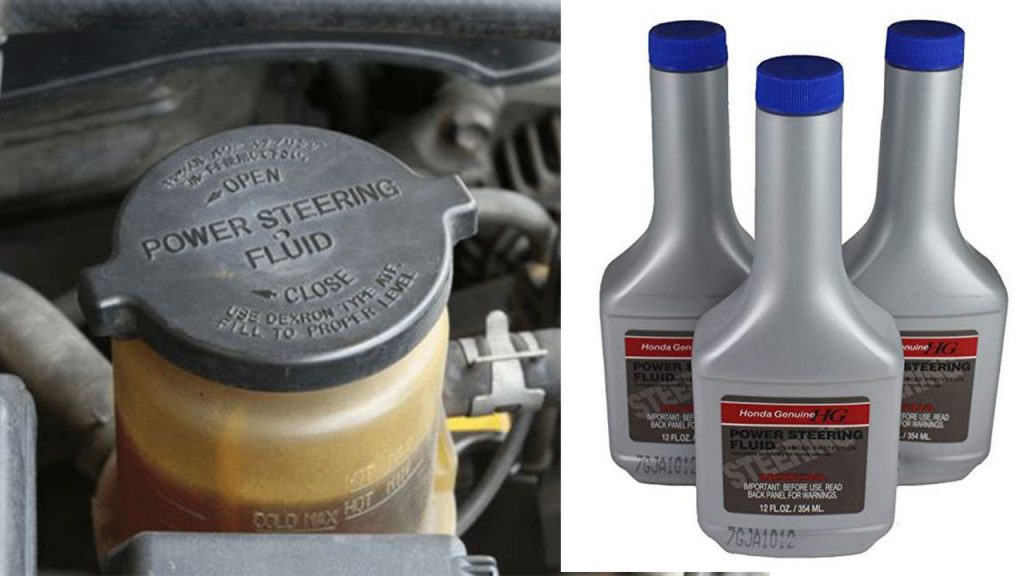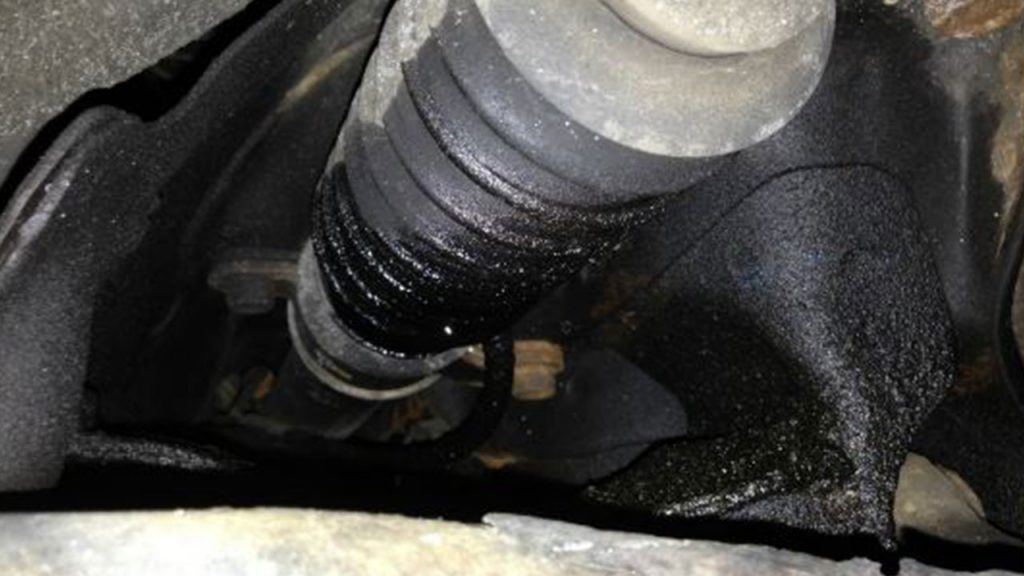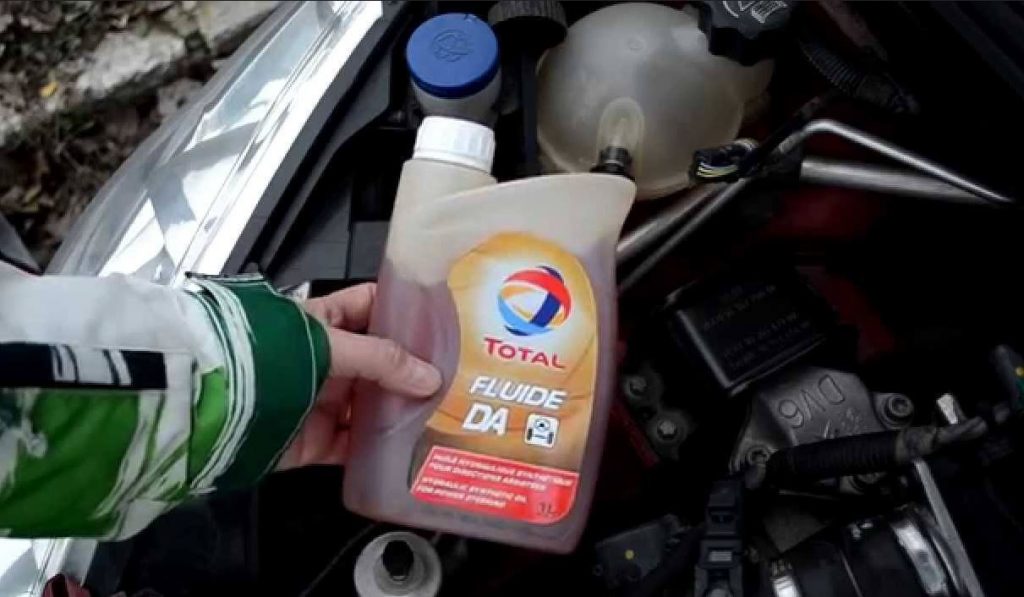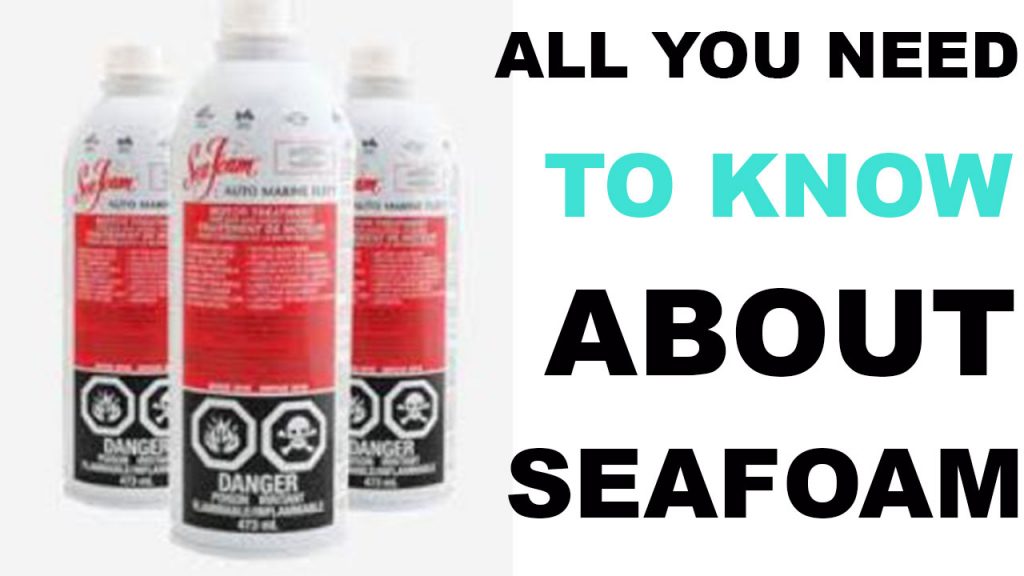Last updated on July 16th, 2023 at 02:59 pm
If you are wondering, what kind of motor oil should I use in my car? Or maybe you have 5w30 oil and oil recommendation for your car is 5w40, well this article is for you.
As we will look at what happens if you use 5w30 instead of 5w40 oil, detergents, and the differences Between 5w30 and 5w40 Oils and 5w30 vs. 5w40 fuel consumption. Well, the majority of car owners have their vehicles serviced at a garage.
You may be one of them, or you could be the sort who searches the internet and uses whatever oil your manufacturer suggests.
Although either scenario appears to be okay, it is crucial to understand what you are putting into your car and to have information on the appropriate oil for your automobile.
Which motor oil grade is thicker: 5w30, 5w40? If that’s your inquiry, you’re on the right track. But, first, you must evaluate the properties and specifications of engine oils to determine which oil to use in your vehicle.
Here are the subtopic we will further question and topics discuss in this article: Is 5w30 or 5w40 better for summer? Is it okay to use 5w40 instead of 5w30?, is 5w40 suitable for summer?, can I use 5w30 instead of sae 30 in my lawnmower? Is there a big difference between 5w30 and 5w40?, what happens if I use 5w30 instead of 5w40?, Detergents and the Differences Between 5w30 and 5w40 Oils, The Price Differences Between 5w30 and 5w40 Oils, and finally 5w30 vs. 5w40 fuel consumption
So with those in mind let’s get started with this post.
Related Article:
- 5w20 vs 5w30 Oil What is the Difference?: 5w30 or 5w20 for High Mileage
- 10w40 vs 5w40 which one is better for your Car? ( 10w 40 vs 5w 40)
Is 5w30 or 5w40 Better For Summer?
The 5w30 oil is developed to operate a 30 degree Celsius and it is best used in lower temperature while the 5w40 is best suitable for use in higher temperature. The fact that the 5w30 oil operate at 30 degrees Celsius is what makes it the best oil to use in low starting temperatures, and it will also work in high summer conditions. However it not the idealist, the 5w40 oil is usually recommended for higher engine cars and is ideal for warmer temperature when compared to the 5w30 oil.
Is it okay to Use 5w40 Instead of 5w30?
I discovered a typical symptom among drivers in industrialized countries. They go to the garage to get their oil changed. I won’t reveal everything! Some people use Google to find the best-manufactured motor oils and perform their oil changes.
Engine oils such as ‘5W40 VS 5W30’ are common comparisons. ‘Can you use 5W40 instead of 5W30?’ we show you here.
The viscosity parameters of 5W30 and 5W40 differentiate them. It can range from 0 to 60. (low to high). Lower viscosity motor oils are frequently thin and slimy, like water. On the other hand, motor oils with a greater viscosity value are luscious, thick, and tacky.
As a result, the 5W30 VS 5W40 is simple to compare and is closely related to faster lubrication of the engine and metal parts. Therefore, compared to 5W40 motor oil, 5W30 has a smoother impact and flows more effectively through engine parts.
Both the 5W30 and 5W40 grade motor oils have the same viscosity in cold temperatures; however, the difference between the “30” and “40” defines the lower and higher density in high temperatures if 5W30 is reduced viscosity for a hot-running engine.
Keynote
At five grades, the viscosity rate of 5W30 and 5W40 is the same. The distinction is between operating temperatures of ’30’ and ’40’ status. 5W40 has a higher viscosity. As a result, it is more efficient than 5W30, which helps start the engine during the summer and more careful driving.
Although both 5W30 and 5W40 motor oils are appropriate for the summer and winter seasons, they are used in different ways. We recommend using 5W30 in temperatures ranging from -30 to +30 degrees Celsius and 5W40 in temperatures ranging from -40 to +40 degrees Celsius.
The breakdown
The following distinction between 5W30 and 5W40 is application compatibility. 5W30 is utilized for a variety of purposes and is primarily purchased during the colder months. 5W40, on the other hand, is ideally suited for more excellent mileage engines and functions and is frequently purchased during hot weather.
So you’ve picked between 5W30 and 5W40 for your vehicle’s engines. These motor lubricants are intended to reduce engine and metal friction and progressively extend engine life.
CAN I USE 5W40 INSTEAD OF 5W30
If you still asking, “CAN I USE 5W40 INSTEAD OF 5W30?” well, yes is my response, however, this will be depending on the temperature range of your car. 5W30 and 5W40 oils are mainly used for winter or low conditions; however, they have a thinner inequality for hot temperatures, with 5W30 being suitable for temperatures ranging from -30° to 30° and 5W40 being ideal for temperatures ranging from -40° to 40°.
You can also follow the instructions in the owner’s manual and select the oil based on the outside temperature, fuel economy, and engine type. We hope you had a good time with us!
Is 5w40 Good For Summer?
5w40 is a great motor oil for summer that keeps the engine running smoothly and prevents moving parts from overheating due to friction. In addition, 5w40 transfers heat from the combustion cycle and helps keep the engine clean by burning by-products and protecting the engine from oxidation.
The temperature of the running engine, both exterior and internal, influences how well the motor oil performs.
The number preceding W denotes the weight or viscosity of the engine oil. The greater the number, the thicker the flow in the engine. The letter W indicates chilly or winter. For example, 5w40 has a viscosity of 5 and a viscosity of 40.
Keynote
This crude oil may be used in vehicles that run on both leaded and unleaded gasoline. 5w40 oil has an operating viscosity of 12.5 to 16.3mm2/s. In addition, 5w40 motor oil has a winter viscosity of 5, indicating less dense at shallow temperatures. The more excellent viscosity rating is 40, which suggests that it is only viscous at high temperatures.
Europeans mostly use this engine oil with gas engines and in American diesel pickup trucks.
Can I use 5w30 Instead of SAE 30 in My Lawn Mower?
Yes, it will work if you have a supply of synthetic 5W30 to use up. A synthetic 5w30 completely replaces any mineral sae 30 or 5w30 in these applications. I’d recommend the 5w30 synthetic if you’re buying new because a lawnmower doesn’t need any cold flow features.
Can I use 5w30 instead of 10w30 with my lawnmower?
Yes! According to the updated engine oil guidelines, synthetic 5W30 (100074WEB) or 10W30 oil can now be used in all temperature ranges. However, it’s important to remember that utilizing synthetic oil doesn’t negate the need for regular lawn mower maintenance.
Is it possible to put auto oil in my lawnmower as well? Although SAE 30 motor oil is commonly recommended for lawn mower engines, using the oil recommended by your lawnmower manufacturer is the safest alternative. A lawnmower can utilize 5w30 motor oil, which is often used in autos.
Similarly, you might wonder if you can run your lawnmower on 5w 30.
Note
It is sufficient to use 5w30. However, you should use 30 wt instead because it’s far too light. Even when exposed to extreme temperature changes, 5w30 maintains its viscosity. However, when heated, 5w30 becomes too thin to lubricate your lawnmower correctly.
Is it safe to use 5w30 car oil in my lawnmower?
Yes, 5w30 can be used in a lawnmower engine; however, oil type recommendations differ by make, so always use the oil type advised in your owner’s manual.
Is There a Big Difference Between 5w30 and 5w40?
- Both 5w30 and 5w40 are motor oils, although their viscosity is different.
- Because it is thicker, 5w30 functions smoothly in the engine. 5w40, on the other hand, isn’t much broader.
- 5w30 performs well in both hot and cold conditions. 5w40, on the other hand, performs well in freezing temperatures.
- Engine oil in the 5w30 range is expensive, whereas engine oil in the 5w40 range is not.
- 5w30 is not readily available anywhere, although 5w40 is widely available.
- In comparison to 5w30, 5w40 has a higher viscosity rate.
- 5w30 has a viscosity rate of five and a viscosity rate of thirty, with a lower viscosity rate of five and a higher viscosity rate of thirty. 5w40, on the other hand, has a lower viscosity rate of thirty percent and a higher viscosity rate of forty percent.
What Happens if I Use 5w30 Instead of 5w40?
There should be no problem if you use 5w30 Instead of 5w40 as long as the oil pump of your vehicle can provide enough pressure to get the oil flowing correctly into all key regions of the car. If the oil pressure sign does not illuminate when the engine runs, you are probably not causing any damage.
Some racers choose lighter lubricants to have less drag, and the oil runs through the system faster, keeping things like turbos a little cooler. It operates as long as the oil pump can generate the necessary pressure.
keynote
The only concern is that 5w-40 is a VW standard. They also have unique additional needs. Therefore, you may not be protected as intended if the vehicle is not a Volkswagen. The best approach is to replace the oil with one that meets the necessary specifications. However, there is a tiny chance of significant injury.
It is dependent on the duty cycle of your vehicle. There could be an issue if you do tow, stop and go traffic, reside in a hot climate, or race. The oil is thinner and will continue to thin out as it is heated. Metal-to-metal contact will occur if the oil film is broken, causing the engine to overheat.
If your vehicle uses stop/start technology, bearing wear may occur because the oil pump is sized for 5W-40 oil rather than 5W-30 oil, which means it will take longer to reach the bearings.
If you have a European vehicle with a significant drain interval, you’ll need to reduce it. In addition, if your machine has an oil life monitor, you must change the oil before the change oil life light illuminates.
5w30 vs. 5w40 Fuel Consumption
Both oils work differently, there are changes in the fuel economy as well. However, because of its viscosity, which lets it work with a broader range of engines, 5w30 is more cost-effective than 5w40 when comparing fuel economy.
5W30 is cost-effective because it has a lower viscosity than 5W40, allowing it to flow freely into the engine’s moving parts with less flow, resulting in lower consumption of engine parts (Azuma, 2018). As a result, 5w30 is typically rated the best in terms of performance based on fuel economy.
The Price Differences between 5w30 and 5w40 Oils
Dues to the variances in performance, the oils have different prices. For example, according to current prices collected from an online Engine Oil vendor TYRES.NET, 5w30 oil ranges from 11.49 to 11.84, while 5w40 fat ranges from 11.99 to 15.36, indicating that the cost of 5w40 crude is higher than 5w30 oil. However, one can note that the difference is slight, but it leads to saving a penny.
Detergents and the Differences between 5w30 and 5w40 Oils
The comparison can also be made based on the detergents’ reaction rates with the detergent. Because of the increased weak Vanda wall forces between the particles, the 5w30 is lighter and slides more than the 5w40, allowing it to react quickly with the detergent and be rinsed away (Zhao, 2017).
As a result, 5w30 is advantageous since it is simple to wash with detergent when it stains, unlike 5w40, which is thick and heavy, making it tough to pass with detergent.
Conclusion
The choice of engine oil is based on the engine’s desire for protection against wear and heat impact.
The numerous engine properties, such as viscosity, fuel efficiency, and pricing, are essential parts of the marketing strategy utilized in the automotive lubricants sector to attract the correct customers.
According to the study, 5w30 is less dense and easy to flow, making it suitable for many engines. However, it is more expensive than 5w40, making it unsuitable for most machines. In addition, the oils are all at the same temperature, although they operate best in excellent conditions.
The research compares and contrasts the differences between the two types of oil, 5w40, and 5w30. The document describes the characteristics of each kind of oil, stating that 5w30 is suitable for gasoline engines and 5w40 is better for diesel engines.
Related Articles:
- 5w30 vs 10w30: Can You Use 10w30 Instead of 5w30 in Your Car?
- Detailed list: Average length of a Car(Width in Feet & Meters)
.



